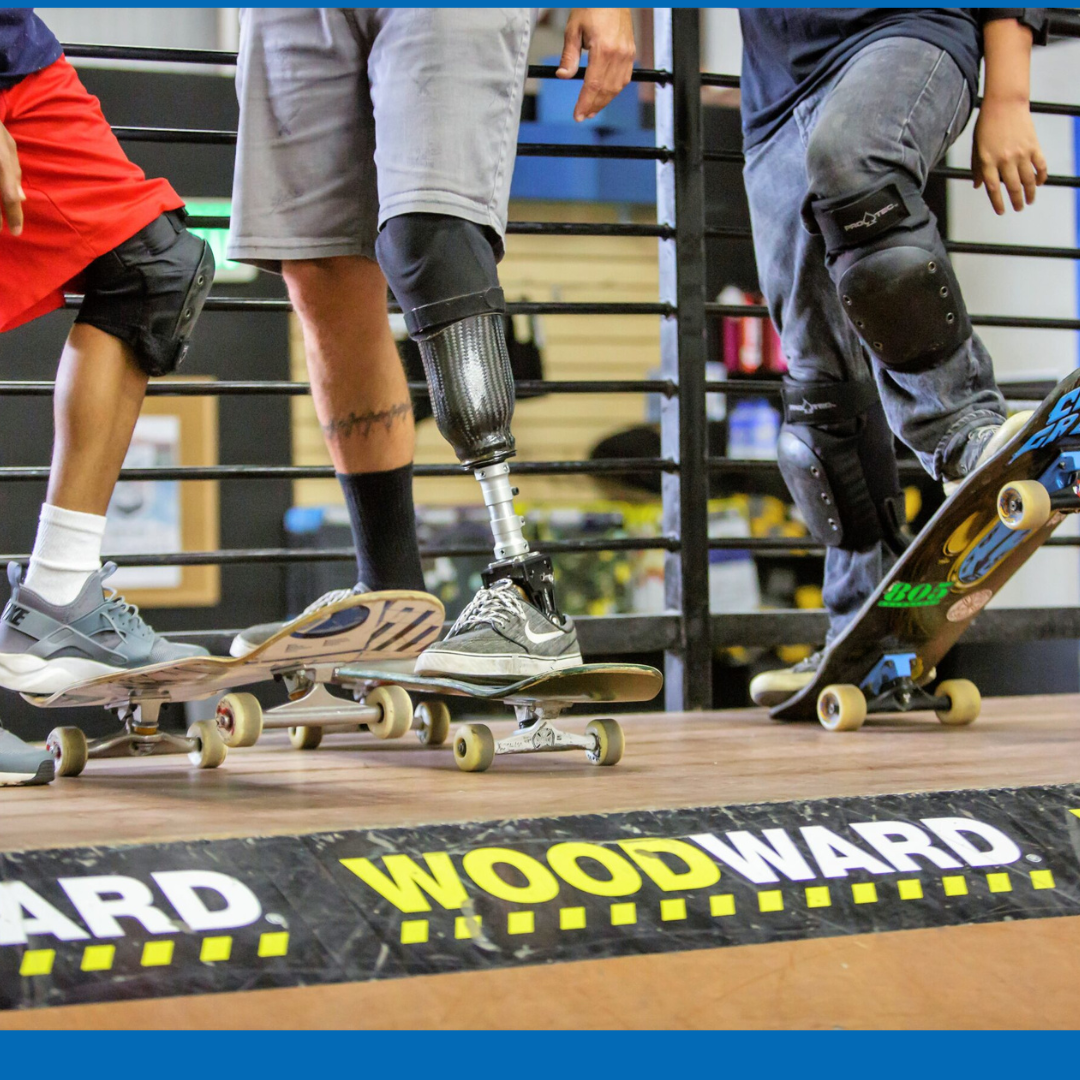Skateboarding/Adaptive Skateboarding
About
Skateboarding for adaptive athletes has come a long way. From the early days when Jon Comer skated with a prosthetic leg to today, where athletes of all abilities and backgrounds are embracing skateboarding, the sport has evolved in remarkable ways.
The adaptive skateboarding community now includes athletes with visual impairments, amputations, spinal injuries, cerebral palsy, and cognitive or physical disabilities. Men and women from all walks of life are discovering the freedom and excitement of skateboarding, and the sport continues to grow in inclusivity and innovation.
Many of these athletes are self-taught, demonstrating incredible resilience and creativity as they adapt the sport to fit their individual needs. The beauty of skateboarding lies in its openness—there’s no “right” or “wrong” way to ride. Unlike traditional sports, where rules and techniques are more rigid, skateboarding allows each athlete to carve their own path, making it uniquely accessible for everyone.
Equipment
Check out adaptive skateboarding equipment here.
Competition
With growing participation, there is also a push from adaptive sports organizations across the U.S. and around the world to create more regional, national, and international competitions. The hope is that adaptive skateboarding will one day be added to the Paralympic Games. While the U.S. currently hosts a few adaptive skateboarding events annually, there is a need for more athletes and a formal classification system to further elevate the competition.
Organizations are also working hard to nurture the sport by creating adaptive skateboarding clinics, programs, and educational resources to support the growth of the community. Skateboarding is also being embraced as a recreational activity, not just a competitive one, providing people with disabilities a fun and inclusive way to enjoy the sport. Special equipment has been developed to help ensure safety while allowing individuals of all abilities to experience skateboarding in an exciting and accessible way.
The push for more adaptive skateboarding is growing, and it will be exciting to see how the sport continues to evolve and reach new heights in the coming years.
Programs Near You
Ready to try adaptive skateboarding? Click here to find a location near you!





